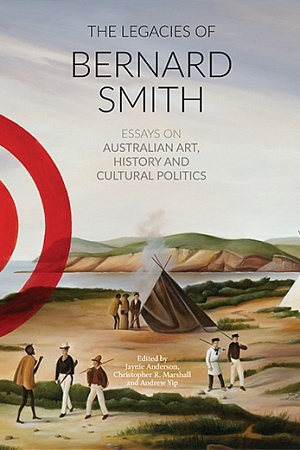Stranger Shores: Essays 1986–1999
Secker & Warburg, $49.90 hb, 374 pp, 0436233916
Stranger Shores: Essays 1986–1999 by J.M. Coetzee
J.M. Coetzee’s Stranger Shores is a collection of twenty-nine primarily literary essays dating from 1986 to 1999. It offers an impressive range of subjects, including a reappraisal of T.S. Eliot’s famous quest for the definition of a classic, a tracking down of Daniel Defoe’s game of autobiographical impersonations, and a biographical evaluation of Dostoevsky’s most productive period, his so-called ‘miraculous years’ between 1865 and 1871, when he wrote Crime and Punishment, The Idiot, and The Devils. Rilke, Kafka, Musil, Skvorecky, Brodsky, Borges, Rushdie, Gordimer, and Lessing are some of the other writers whose life and work appear under Coetzee’s microscope. Biographical/literary correlations are always his keenest points of focus.
On first impressions, the pieces are well written, well argued, and contain a wealth of educated knowledge and insight. Many were originally published as reviews in the New York Review of Books. Even in those first conceived as lectures, essays, introductions, or afterwords, there is an abundance of review-style rather than essay-style pedantry and flourish. Accordingly, the index of the third volume of Joseph Frank’s biography of Dostoevsky ‘manages to get most of the page numbers wrong’ and the fourth volume, on which one of Coetzee’s essays is based, is said to have longueurs. While Doris Lessing, in her autobiography, ‘must be admired for broaching … unfashionable questions’, such as those arising from her long commitment to socialist ideals, her answers are judged to be inadequate: ‘she knew she was behaving badly [but] cannot get to the bottom of why she did what she did’. Discussing English renditions of Kafka’s prose, one of the most recent translators, Mark Harmann, ‘would do well to recognise that, if a striving for elegance … marks the Muir translation as of its time, then, in its very striving towards strangeness and denseness, his own work … may, as history moves on and tastes change, be pointed towards obsolescence too’.
Continue reading for only $10 per month. Subscribe and gain full access to Australian Book Review. Already a subscriber? Sign in. If you need assistance, feel free to contact us.













Leave a comment
If you are an ABR subscriber, you will need to sign in to post a comment.
If you have forgotten your sign in details, or if you receive an error message when trying to submit your comment, please email your comment (and the name of the article to which it relates) to ABR Comments. We will review your comment and, subject to approval, we will post it under your name.
Please note that all comments must be approved by ABR and comply with our Terms & Conditions.